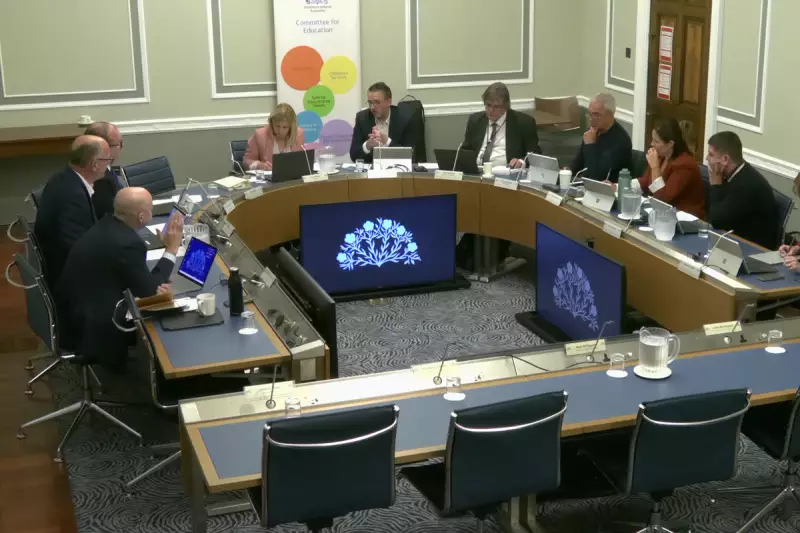
In a landmark ruling with profound implications for LGBTQ+ rights in education, the UK Supreme Court has unanimously found that a Belfast primary school unlawfully discriminated by refusing to teach pupils about same-sex parents and relationships.
The case, which has been closely watched across the UK, centred around a complaint from a child's mother, known as 'JR55', against the Governing Body of Fleming Fulton School. The school had explicitly banned any teaching or materials that mentioned same-sex couples or families.
A Unanimous Verdict for Inclusion
Five Supreme Court justices delivered a resounding verdict, declaring the school's policy unjustifiable and in direct violation of the Northern Ireland Act 1998. The ruling emphasises that schools cannot simply hide behind the guise of 'religious character' to justify discriminatory practices against the LGBTQ+ community.
Lord Stephens, delivering the judgment, stated that the ban "constituted direct discrimination on the grounds of sexual orientation" and could not be defended. The court found that the policy fostered a degrading and prejudicial environment, sending a harmful message to children from LGBT families that their family structures are somehow less worthy.
Wider Implications for Northern Irish Schools
This decision is a significant victory for inclusive education in a region where such issues remain highly contentious. It sets a powerful legal precedent, making it clear that all schools, including those with a religious ethos, must operate within the bounds of equality law.
The ruling directly challenges the ability of schools to use 'religious exceptions' to opt out of providing a curriculum that is inclusive and respectful of all family models. It affirms that the right to hold religious beliefs is protected, but the manifestation of those beliefs must not result in discrimination against others.
Political and Community Reaction
The verdict has been welcomed by LGBTQ+ advocacy groups and political leaders who support equality. Sinn Féin's Michelle O'Neill, Northern Ireland's First Minister, called the ruling "a positive step forward for equality and human rights".
Conversely, the case highlights the ongoing cultural and political tensions in Northern Ireland surrounding LGBTQ+ issues. The court's firm stance is expected to influence ongoing debates about Relationships and Sexuality Education (RSE) across the UK, ensuring it is inclusive and reflective of modern society.





